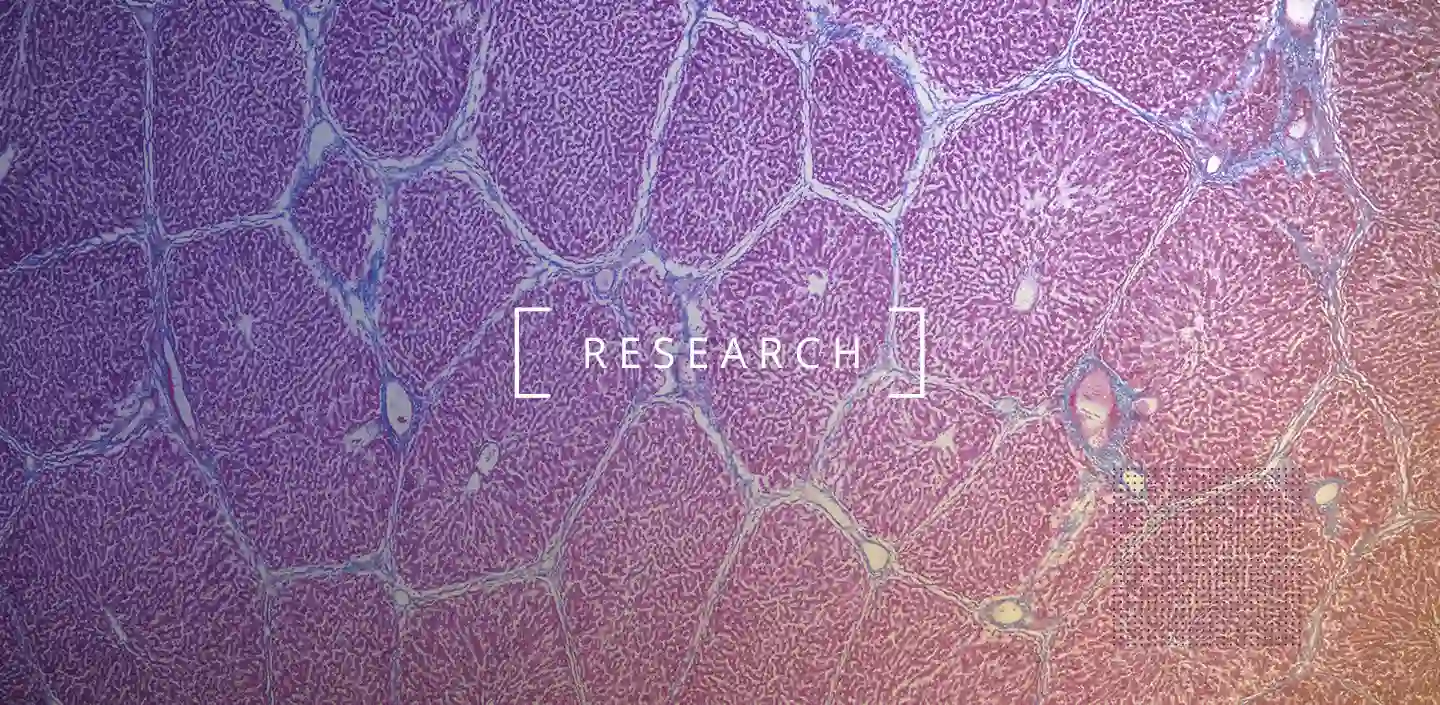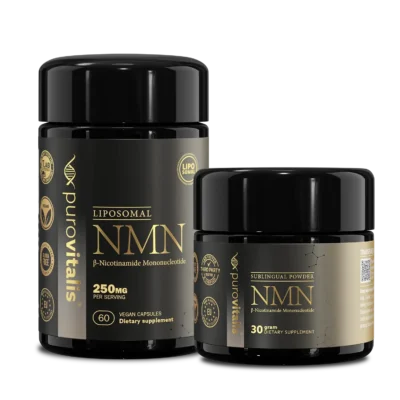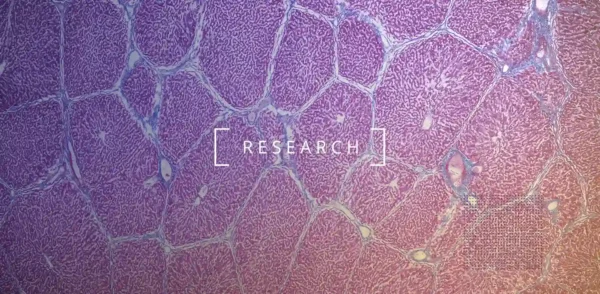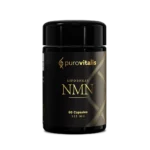
Comprender el papel del NMN en la salud del hígado durante el envejecimiento
El envejecimiento, un proceso biológico universal, plantea numerosos retos a nuestro cuerpo, incluido el hígado, un órgano vital. Entre las diversas teorías sobre el envejecimiento, destaca la teoría de los radicales libres. Esta teoría declara que los radicales libres, que son moléculas "inestables", podrían ser la causa principal del deterioro de la salud a medida que envejecemos. Sin embargo, no todos los expertos están convencidos de esta teoría.
Piensa en el concepto de homeostasis adaptativa. Esta idea sugiere que, mientras que los animales jóvenes tienen un mecanismo robusto para defenderse de diversas tensiones, esta capacidad de defensa disminuye a medida que envejecen. Una proteína llamada Nrf2 es fundamental para este mecanismo de defensa. En este blog, exploraremos el papel de la Nrf2 en el proceso de envejecimiento del hígado de los ratones e investigaremos si el NMN (Mononucleótido de Nicotinamida) tiene potencial para rejuvenecer estos hígados envejecidos.
Principales aspectos del estudio
- Reducción del estrés oxidativo: El estudio descubrió que el tratamiento con NMN reducía los signos de estrés oxidativo en hígados de ratones envejecidos, lo que sugiere su potencial en la protección contra el daño hepático relacionado con la edad.
- Mayor resistencia a las lesiones hepáticas: Los ratones tratados con NMN mostraron una mayor resistencia a la lesión hepática inducida por acetaminofeno, lo que pone de relieve el papel protector del NMN frente a los estresores hepáticos comunes en los ancianos.
- Modo de acción del NMN: La investigación reveló que el NMN actúa potenciando las actividades de Sirt3 e influyendo en Nrf2, actores clave en la defensa del organismo contra el estrés oxidativo. Este mecanismo dual es crucial para los efectos protectores del NMN en el hígado.
Objetivo del estudio
El estudio empieza destacando un aspecto crítico del envejecimiento: la alteración de la homeostasis redox. Este equilibrio, crucial para la salud general y la longevidad, suele verse comprometido a medida que envejecemos. El hígado, al ser un órgano vital, es especialmente susceptible a estos cambios. La investigación explora cómo el NMN, un precursor del NAD+ (Nicotinamida adenina dinucleótido), influye en el proceso de envejecimiento, examinando específicamente su potencial para restablecer la homeostasis redox en el hígado envejecido de los ratones.
El estudio
Los investigadores iniciaron este estudio con dos tipos de ratones: los C57BL/6 normales de tipo salvaje y otro grupo que era deficiente en una proteína llamada Sirt3. Sirt3 no es una proteína cualquiera, se sabe que desempeña un papel fundamental en la regulación de la energía celular y las respuestas al estrés.
Para comprender los efectos del envejecimiento en el hígado, los investigadores administraron NMN o una solución de control (PBS) tanto a ratones jóvenes como a ratones envejecidos. El objetivo principal era observar cualquier diferencia en las proteínas hepáticas entre estos dos grupos. Para ello, los investigadores utilizaron una sofisticada técnica conocida como análisis proteómico cuantitativo. Este método les permitió encontrar diferencias en las cantidades de proteínas entre los hígados de ratones jóvenes y viejos.
Pero el estudio no acabó ahí. Los investigadores querían conocer en detalle el estado del hígado. Para ello, utilizaron numerosos métodos, como la tinción inmunohistoquímica, el western blot y una técnica única conocida como tinción de aceite rojo O. Cada uno de estos métodos ofrecía información sobre distintos aspectos de la salud hepática y la expresión proteica.
Lo que descubrieron
Los resultados del experimento fueron intrigantes. A medida que los ratones envejecen, las proteínas de su hígado experimentan cambios significativos. Las proteínas que más se activaban eran las implicadas en el proceso de oxidación-reducción. En términos más sencillos, estas proteínas trabajaban horas extras para proteger el hígado de posibles daños.
Además, el estudio reveló que el NMN tenía un efecto rejuvenecedor en los hígados de ratones envejecidos. Redujo eficazmente el estrés oxidativo y disminuyó los niveles de Nrf2 nuclear, una proteína que ayuda a proteger el organismo de los daños.
Pero las revelaciones no se detuvieron ahí. Cuando se administró a los ratones una sobredosis de paracetamol (APAP), un analgésico habitual que puede dañar el hígado en cantidades excesivas, los ratones que habían sido tratados con NMN mostraron una resistencia significativa contra el daño hepático. Este hallazgo sugiere que el NMN podría ayudar a recuperar las defensas naturales del hígado, que se debilitan a medida que envejecemos.

La crucial conexión Sirt3
La historia se volvió aún más interesante cuando los investigadores centraron su atención en ratones con deficiencia de Sirt3. Descubrieron que los efectos protectores del NMN en el hígado dependían de la presencia de Sirt3. Este descubrimiento puso de relieve lo crucial que es Sirt3 en el modo en que el NMN ayuda a revitalizar el hígado.
Lee aquí otro prometedor estudio sobre el NMN y la salud del hígado.
Conclusión
El envejecimiento es un viaje inevitable, pero estudios como éste ofrecen esperanza. La investigación demuestra el potencial de la suplementación con NMN para proteger el hígado de los daños causados por el envejecimiento. Funciona formando equipo con las proteínas protectoras naturales del organismo, especialmente Nrf2 y Sirt3. Aunque se necesitan más estudios, estos resultados son un paso prometedor hacia la búsqueda de estrategias para combatir los problemas hepáticos relacionados con la edad.
Más información sobre las Sirtuinas aquí.
Referencias

Suplementos de NMN En Europa Administración liposomal
¡Nuestros suplementos de NMN están aquí para ayudarle a brillar y a sentirse lo mejor posible! ¡Pruébelo!














